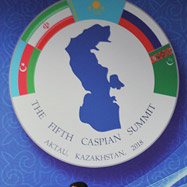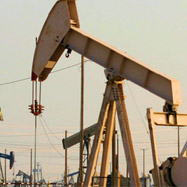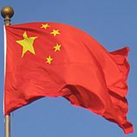Strategic Petroleum Reserves: Stocking Oil for Rainy Days
A strategic petroleum reserve offers India the leverage to be a serious player in the international oil market, as it will have the option to release supplies when prices spike and recharge the reserve when prices are low.
- Shebonti Ray Dadwal |
- November 02, 2018 |











